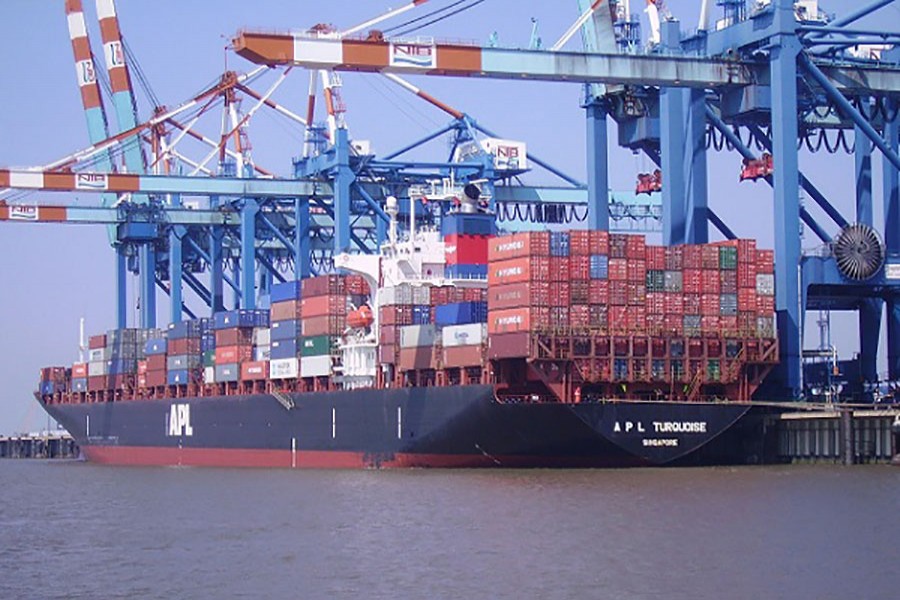Japan’s exports likely grew 7.0 per cent from a year ago, thanks to global demand for semiconductors and electronic parts, a Reuters poll showed.
The country is expected to report a solid growth in both exports and imports, however, likely grew at a somewhat softer rate.
The exports likely grew 7.0 per cent, the poll of 16 economists found, after rising 8.1 per cent in May.
Imports probably rose 5.3 per cent for the month, down from 14.0 per cent in May, resulting in the trade balance swinging back into a surplus of 534.2 billion yen ($4.75 billion).
“We expect Japan’s exports will continue to rise gradually as demand for capital spending is picking up globally,” said Yosuke Yasui, senior economist at Japan Research Institute.
The escalating trade dispute between China and the United States is also clouding the outlook as it could adversely impact global trade and Japan’s export-led economy.
“Trade friction between China and the US intensified and there is a risk that negative impacts will spread across Asia in the medium term,” said Takumi Tsunoda, senior economist at Shinkin Central Bank Research Institute.
The finance ministry will issue the trade data at 8:50 am Tokyo time on July 19 (2350 GMT, July 18).
Investors will also get fresh inflation data next week that is expected to show price pressure remained mild in June, with little sign of a liftoff to the central bank’s elusive 2.0 per cent target.
The nationwide core consumer price index (CPI), which includes oil products but excludes volatile fresh food prices, is expected to rise 0.8 per cent from a year earlier, edging up from a 0.7 per cent gain in May.
“Price gains in oil related products such as gasoline and kerosene contributed to push up core CPI ,” said Yoshiki Shinke, chief economist at Dai-ichi Life Research Institute.
“There is a high possibility that core CPI will rise to around 1.0 per cent year-on-year led by energy prices.”
The internal affairs ministry will publish the core CPI index at 8:30 a.m. Tokyo time on July 20 (2330 GMT on July 19).
The Bank of Japan is likely to cut its price growth forecasts at a policy meeting ending on July 31 as long-term inflation expectations stall.


